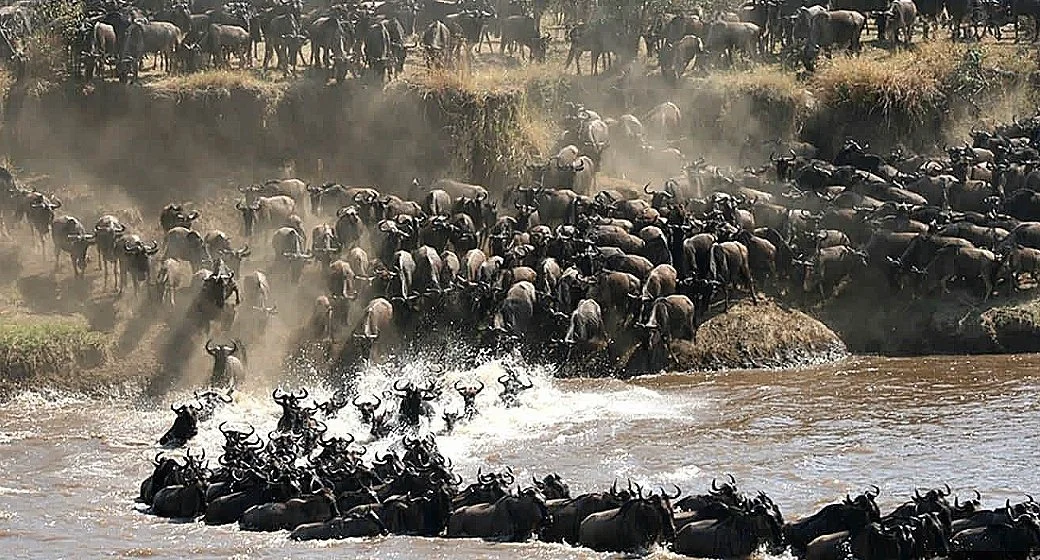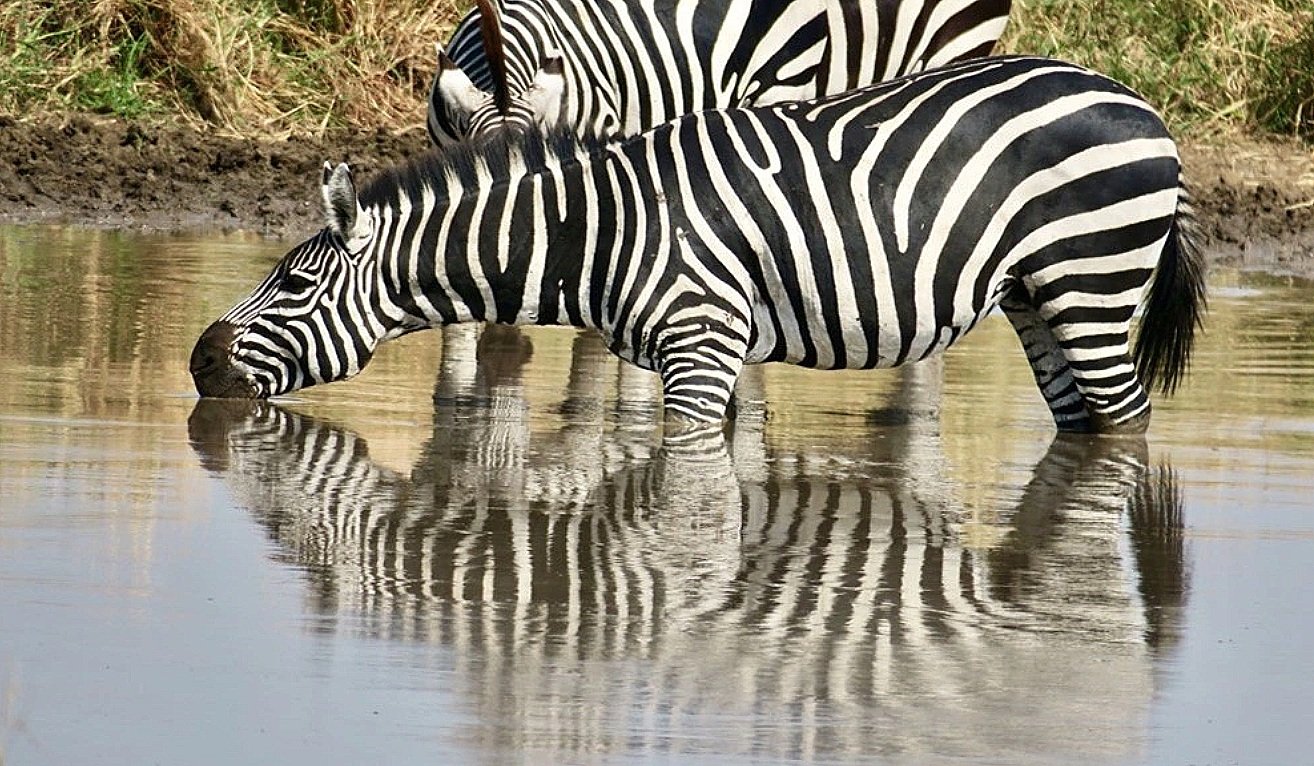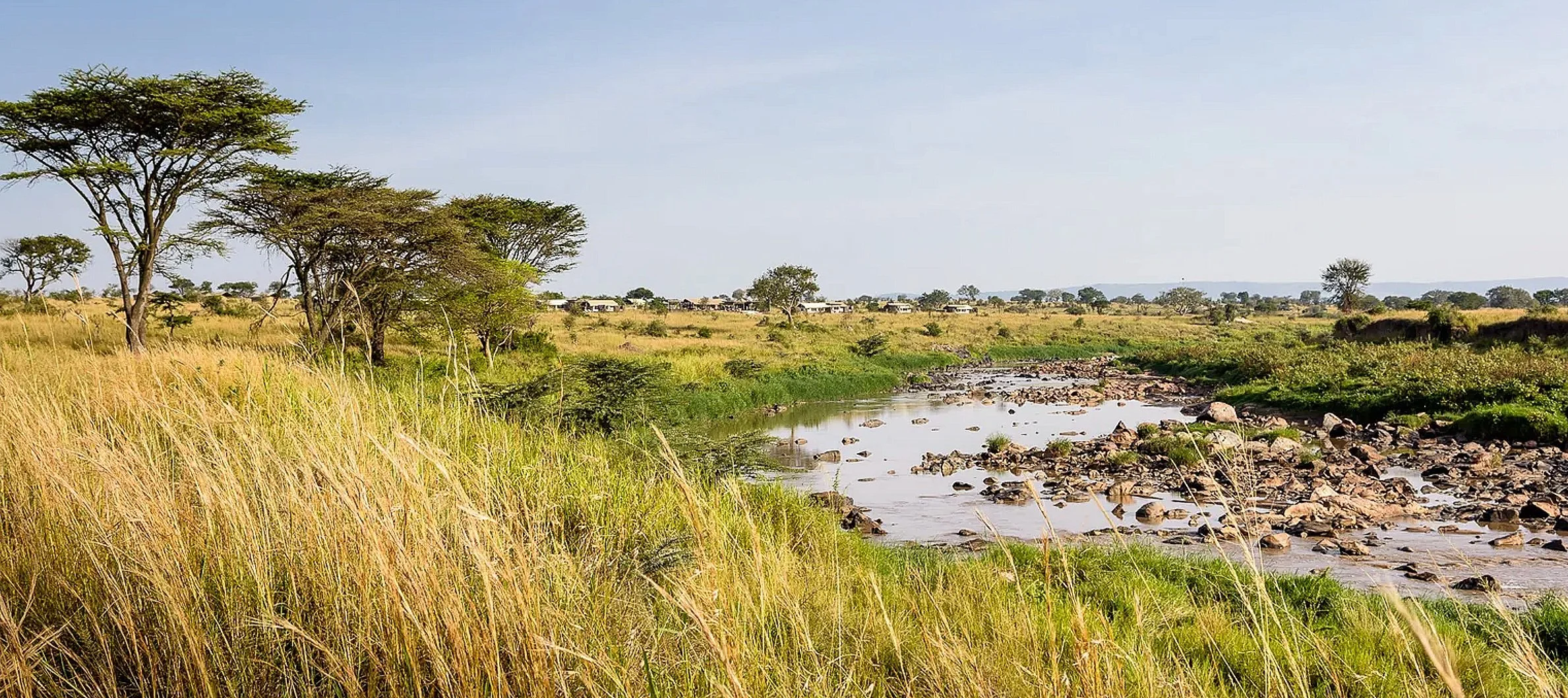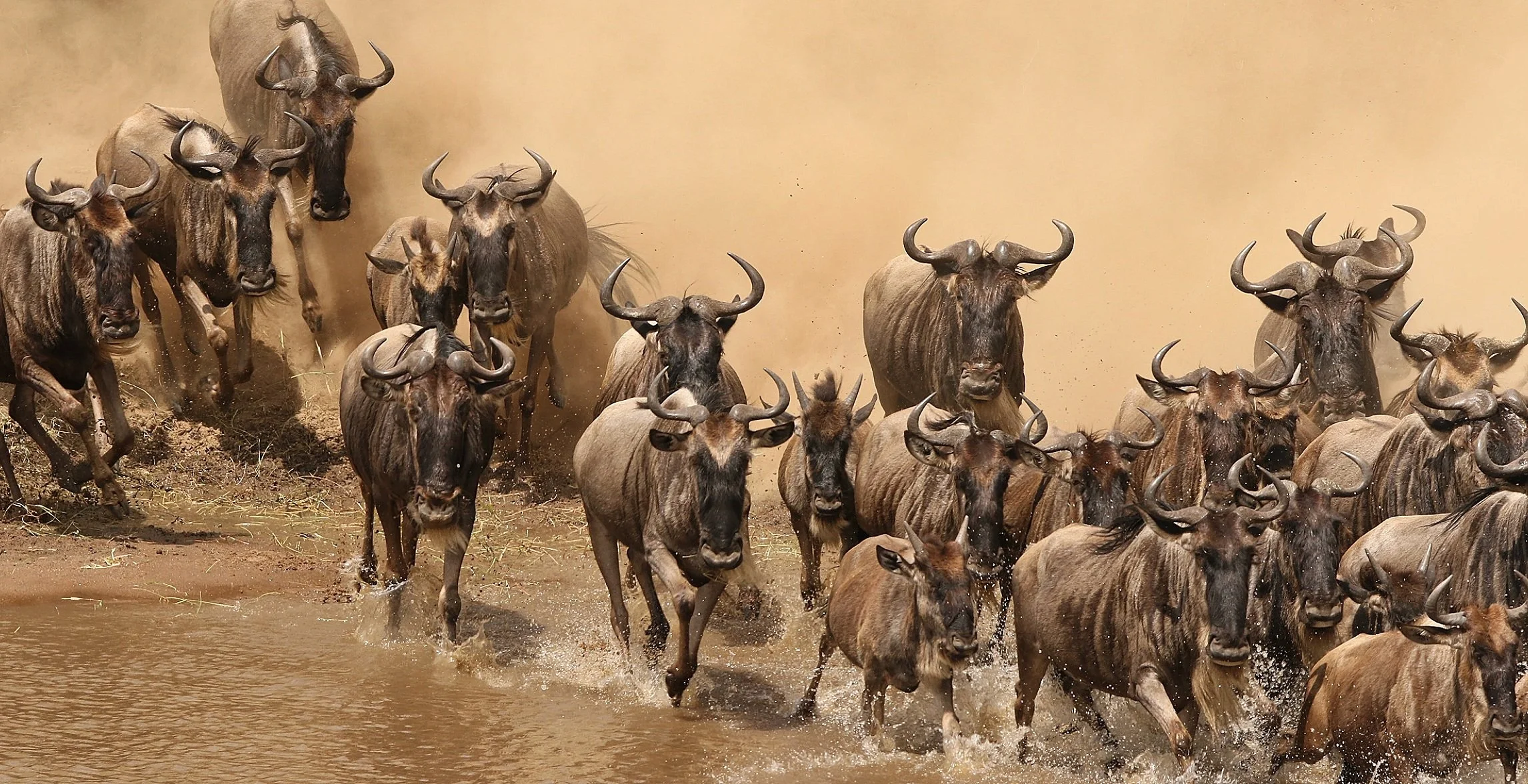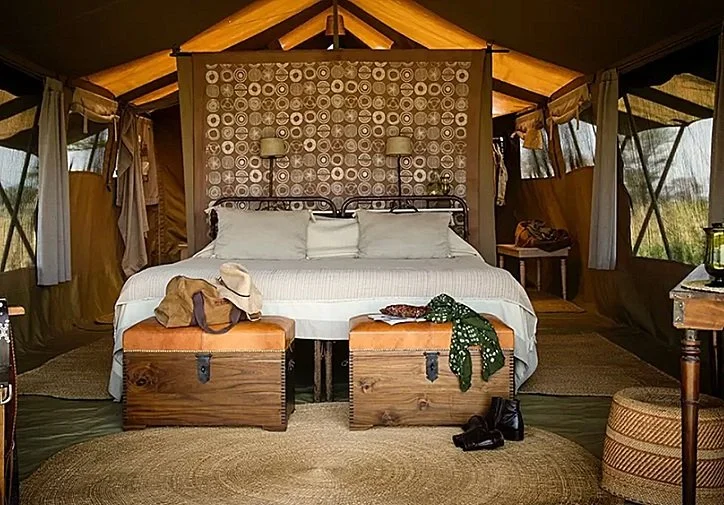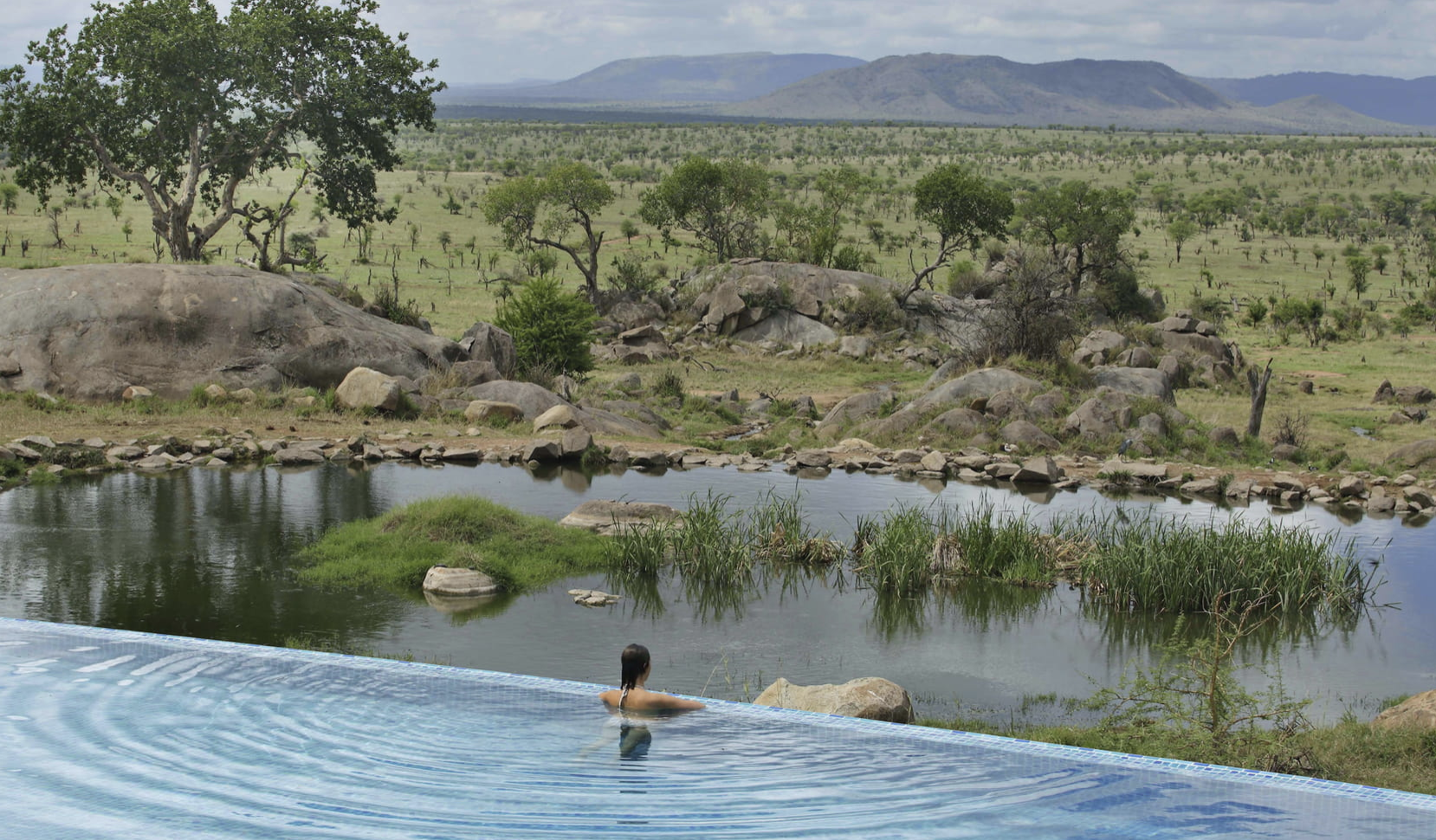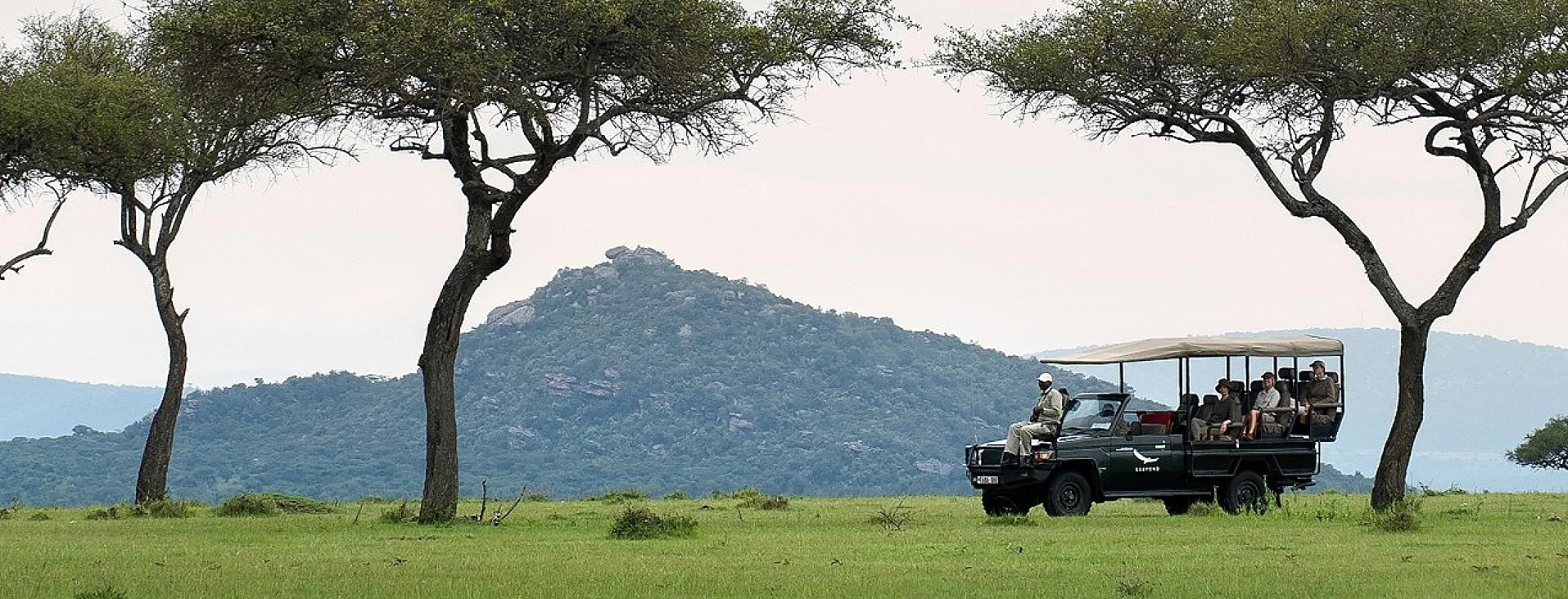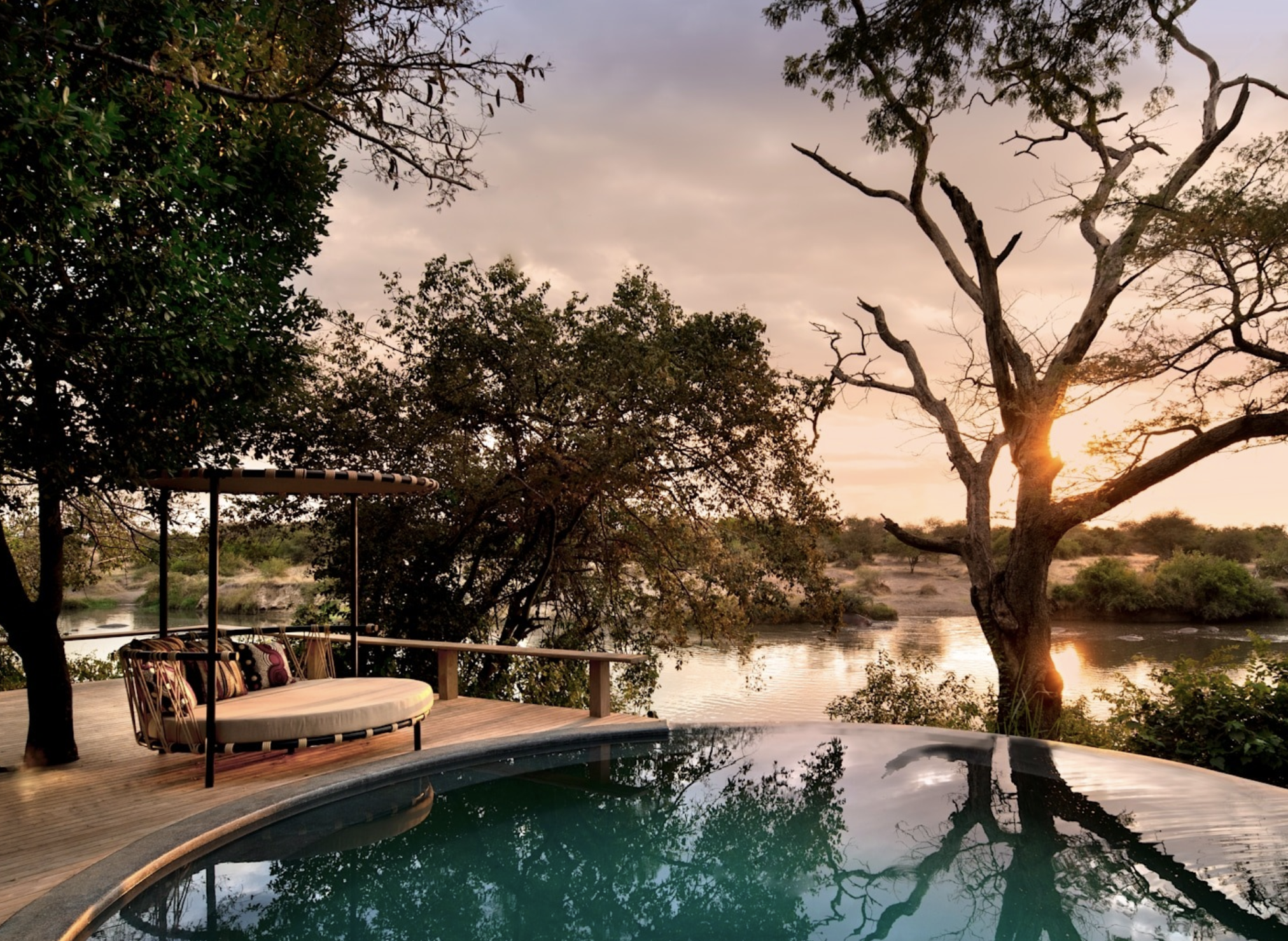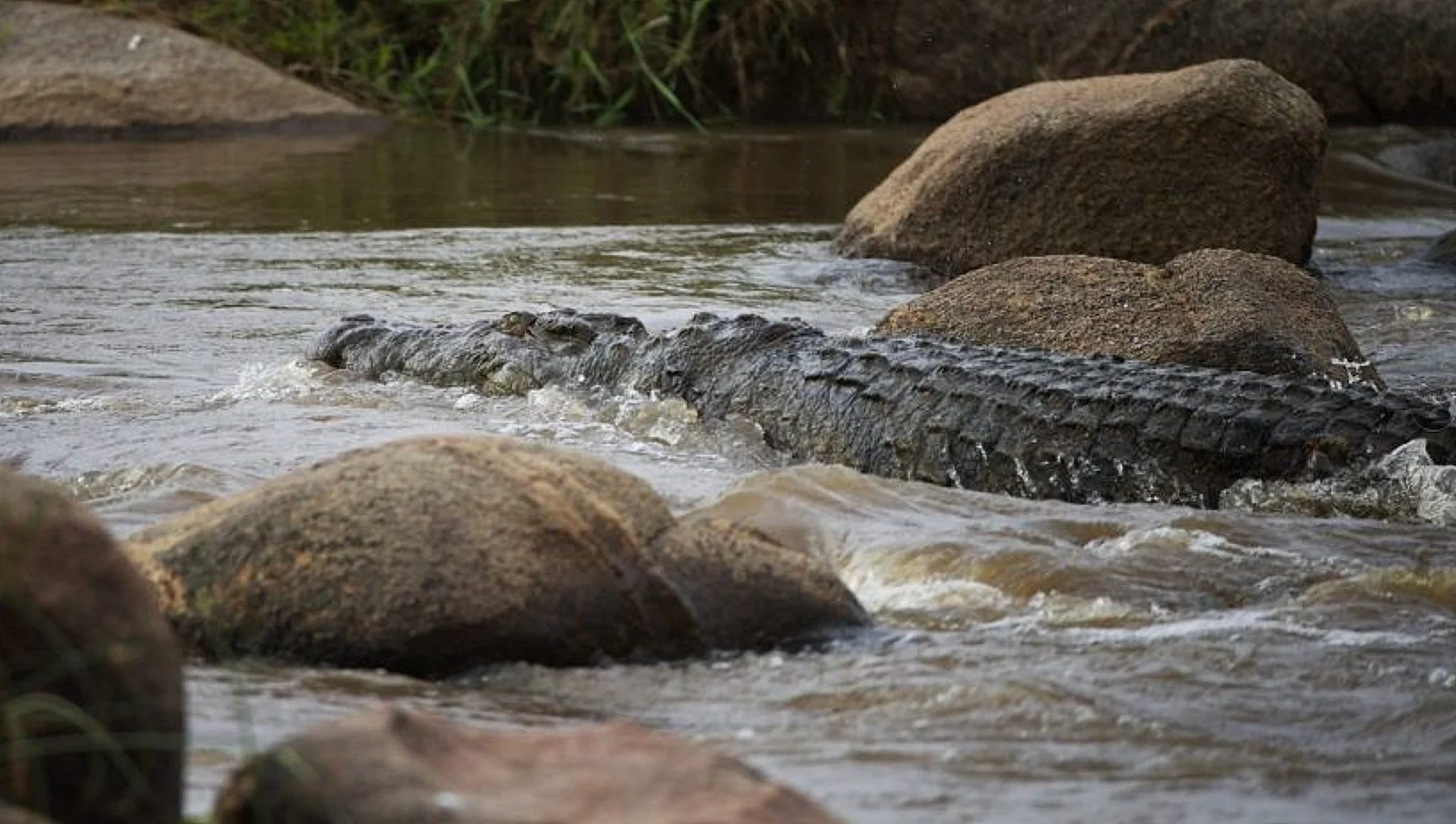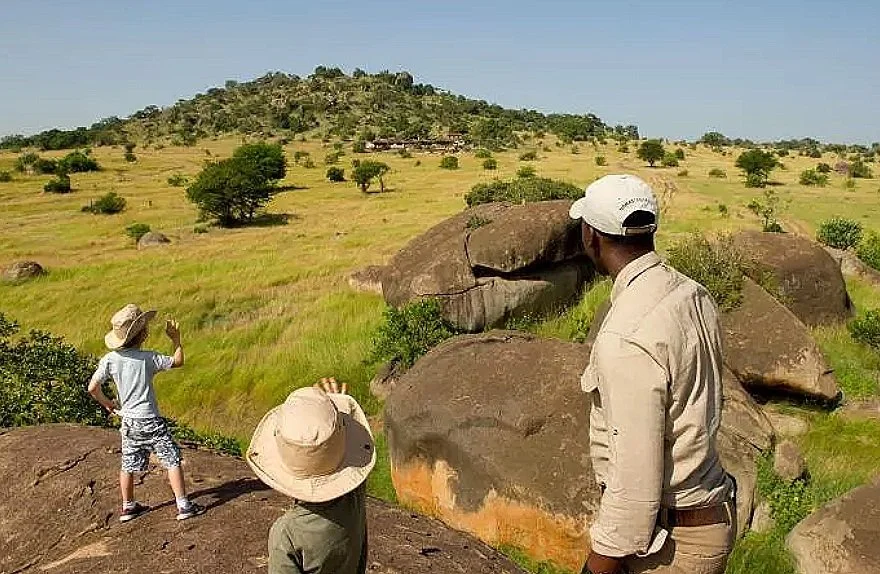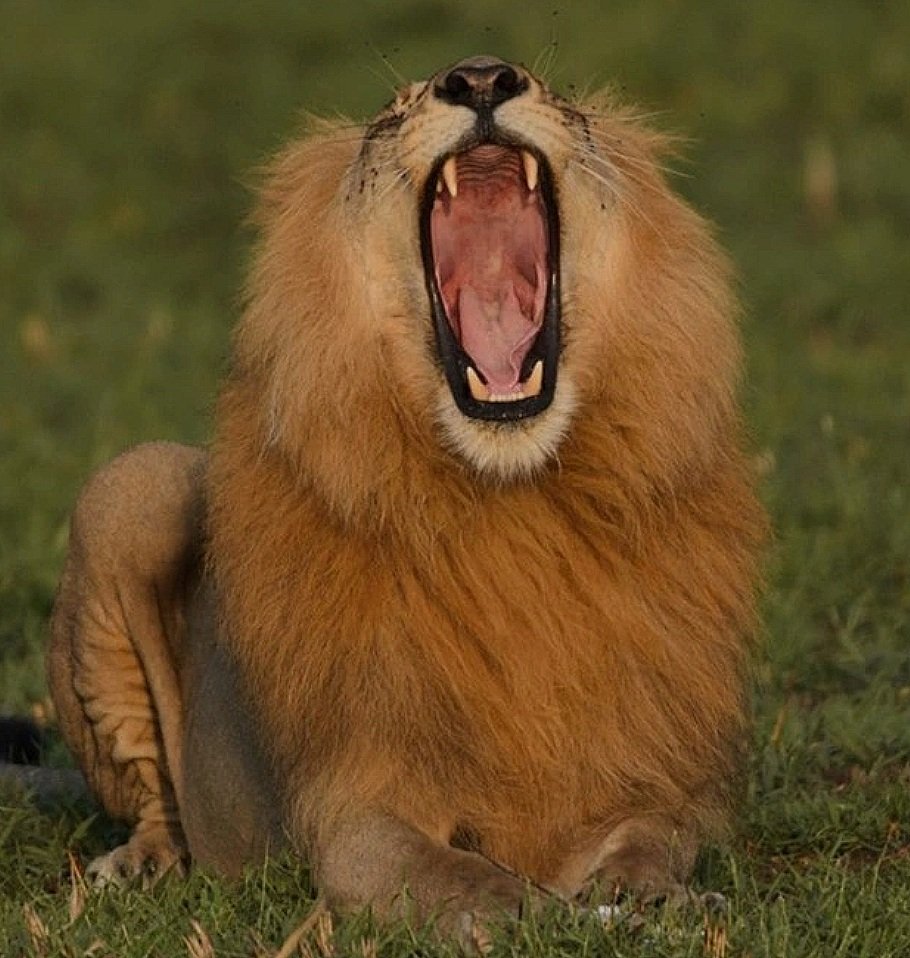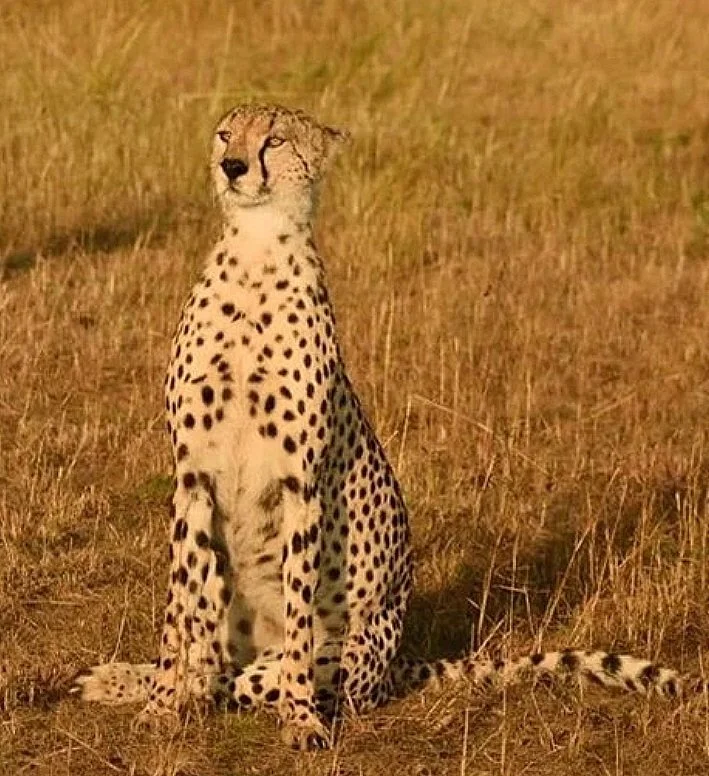The Great Migration in Tanzania
The Great Migration in Tanzania: Nature’s Most Spectacular Show
Every year, one of the most awe-inspiring natural events unfolds across the plains of East Africa—the Great Migration. It’s a breathtaking phenomenon that sees over 1.5 million wildebeest, 200,000 zebras, and thousands of gazelle embark on a journey that spans thousands of miles across Tanzania and Kenya, following the rains in search of fresh grazing lands.
For wildlife enthusiasts, this migration is a bucket-list experience, especially in Tanzania, where much of the journey takes place. Let’s take a deeper look at what makes the Great Migration one of nature’s greatest spectacles, and why Tanzania offers an unparalleled view of this grand event.
The Greatest Show on Earth (pic courtesy of Serengeti National Park)
A Journey of Survival and Renewal
The Great Migration is not simply a leisurely trek but a dramatic life-and-death journey. The animals move in a continuous cycle, driven by instinct and survival. The circular migration pattern typically starts in the southern Serengeti of Tanzania, where the animals gather during the calving season from January to March. This is one of the best times to witness the sheer number of newborns and the heart-pounding action as predators like lions, cheetahs, and hyenas hunt the young and vulnerable.
As the dry season approaches around April, the herds begin to move northwest, crossing the Grumeti River, a daunting task filled with the threat of waiting crocodiles. This is a thrilling moment for safari-goers, as they witness the bravery and sheer will of the migrating animals.
Pic courtesy of Singita
Tanzania: The Heart of the Migration
While the migration spans both Tanzania and Kenya, Tanzania’s Serengeti National Park is where most of the action happens. The park’s vast, open plains provide the perfect backdrop for the herds as they traverse its seemingly endless grasslands. From May to July, the animals make their way north toward the Mara River, another perilous crossing where survival depends on timing and luck.
The Mara River crossing is arguably the most dramatic and well-known phase of the migration. Hundreds of thousands of wildebeests and zebras must plunge into the river, navigating strong currents and predators lurking beneath the surface. The sheer chaos and raw energy of this moment make it one of the most sought-after experiences in wildlife tourism.
Singita Mara River Tented Camp (pic courtesy of Singita)
Best Time to Witness the Migration in Tanzania
One of the most frequently asked questions by safari-goers is, "When is the best time to visit Tanzania to see the Great Migration?" The answer depends on which part of the migration you’d like to experience:
December to March: Calving season in the southern Serengeti. This is a great time to witness the birth of thousands of wildebeest calves and the predators that follow.
May to June: As the rains end, the herds start moving north through the central Serengeti, with some spectacular scenes as they begin to cross rivers.
July to October: The Mara River crossing, which takes place in the northern Serengeti, is considered the peak of the migration. It’s an adrenaline-filled spectacle where survival is anything but guaranteed.
For a complete migration experience, Tanzania’s Serengeti offers exceptional opportunities to witness the migration at its different stages throughout the year. The country’s wildlife-rich ecosystem ensures that even outside of the migration season, safari-goers can see an abundance of wildlife.
Wildebeest crossing the river (Pic courtesy of Singita)
Recommended Migration Camps
1. Singita Mara River Tented Camp
Location: Northern Serengeti
Best For: Witnessing the dramatic Mara River crossings (July to October)
Why Recommend: This luxury tented camp offers direct access to the Mara River, one of the most exciting locations to see the migration. The eco-friendly camp provides stunning views, exceptional service, and is known for sustainability efforts. It's perfect for clients seeking luxury and adventure.
2. Serengeti Safari Camp
Location: Moves seasonally within the Serengeti
Best For: Following the migration throughout the year
Why Recommend: This mobile camp changes location every few months to follow the herds, giving guests a chance to stay close to the migration no matter the season. It’s perfect for wildlife enthusiasts who want an authentic safari experience in a comfortable yet nomadic setting.
Pic Courtesy of Serengeti Safari Camp
3. Four Seasons Safari Lodge
Location: Central Serengeti
Best For: Witnessing the migration from May to July
Why Recommend: Located in the heart of the Serengeti, this luxurious lodge offers guests panoramic views of the wildlife-rich plains. It’s a great spot to see the herds moving through the central Serengeti. The lodge also provides top-tier amenities like an infinity pool overlooking a watering hole.
The Four Seasons Safari Lodge, Serengeti (pic courtesy of Four Seasons)
4. Nomad Lamai Serengeti
Location: Northern Serengeti, near the Mara River
Best For: July to October (Mara River crossings)
Why Recommend: Perched on the Kogakuria Kopje with sweeping views of the Mara River, this lodge is a favorite for witnessing dramatic river crossings. The camp combines luxury with a remote setting, perfect for those seeking exclusivity and front-row seats to the migration’s most exciting moments.
5. Klein’s Camp
Location: Northern Serengeti, bordering the Maasai Mara
Best For: River crossings and predator sightings
Why Recommend: Klein’s Camp offers a unique advantage with its private concession area. It allows guests to enjoy night drives and guided bush walks in addition to migration viewing. The camp offers a more intimate and exclusive safari experience while being ideally located near the Mara River.
Pic courtesy of andBeyond Kleins camp
6. Mwiba Lodge
Location: Southern Serengeti
Best For: January to March (Calving season)
Why Recommend: Located in a private reserve, Mwiba Lodge is the ideal base for witnessing the calving season in the southern Serengeti. This luxury lodge offers high-end service, privacy, and exclusivity. It's perfect for clients looking to combine safari with a secluded retreat.
7. &Beyond Grumeti Serengeti Lodge
Location: Western Serengeti, near the Grumeti River
Best For: June to July (Grumeti River crossings)
Why Recommend: This camp is in an excellent position for witnessing the Grumeti River crossings, where the herds face both fast-flowing water and crocodile-infested waters. The camp combines stylish accommodations with close proximity to migration action, making it ideal for clients seeking a balance of comfort and adventure.
Pic courtesy of andBeyond Grumeti Serengeti
8. Serengeti Migration Camp
Location: Northern Serengeti, near the Grumeti River
Best For: July to October (River crossings)
Why Recommend: Known for its prime location near the Grumeti River, this camp provides an excellent base to witness the migration’s journey through the northern Serengeti. The camp’s elevated tents offer panoramic views, and it’s especially great for clients wanting a mix of migration viewing and serenity.
9. Alex Walker’s Serian Serengeti Mobile Camp
Location: Moves seasonally between southern, central, and northern Serengeti
Best For: Following the migration all year round
Why Recommend: This mobile camp shifts locations throughout the year, offering unparalleled flexibility for clients who want to follow the migration no matter when they travel. It's highly personalized, with private game drives and exclusive guiding.
Pic courtesy of Alex Walker Serian)
10. Mkombe’s House Lamai
Location: Northern Serengeti
Best For: Families and groups during the migration season
Why Recommend: For families or small groups, Mkombe’s House offers a private, homely experience. It’s located near the Mara River, making it an excellent base for witnessing the migration from July to October. The house offers exclusivity with the comfort of a private villa while still being close to the migration action.
Pic courtesy of Mkombe's House
The Importance of Conservation
While the Great Migration is a natural wonder, it is also a fragile ecosystem that relies on careful conservation efforts. Tanzania has long been a leader in wildlife conservation, but challenges such as habitat loss, poaching, and climate change remain concerns. Protecting the migration corridors and ensuring sustainable tourism practices are essential to preserving this remarkable journey for future generations.
Why Tanzania?
The Great Migration is a true testament to the resilience and power of nature. Whether you’re an experienced safari traveler or embarking on your first wildlife adventure, witnessing the Great Migration in Tanzania is an unforgettable experience. From the vast Serengeti plains to the thundering river crossings, every part of the journey reveals the raw beauty and delicate balance of the African wilderness.
If you’re planning your next adventure, Tanzania is undoubtedly one of the best places to immerse yourself in this natural marvel, offering a front-row seat to one of the greatest wildlife shows on Earth.
For more detailed information and to book your adventures, visit our website - www.africanfirefly.com or contact us directly at debbie@africanfirefly.com

